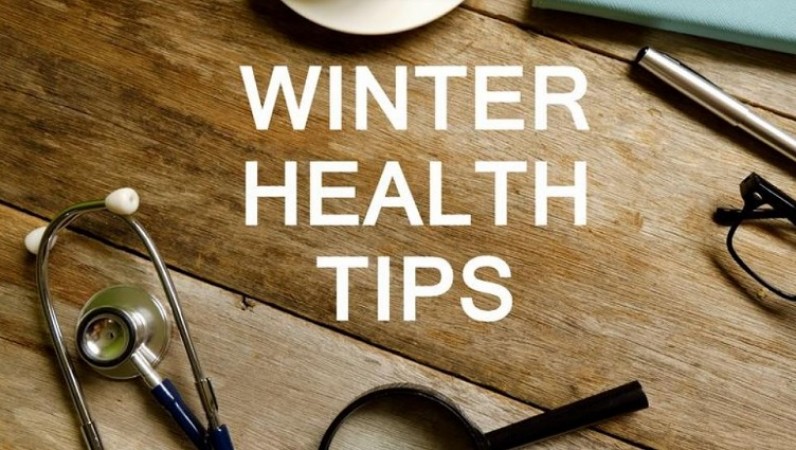
As the days grow shorter and the temperatures drop, it's essential to prepare your home and yourself for the challenges that winter can bring. Winter brings not only the joys of the holiday season but also potential safety hazards and health risks. In this article, we will provide you with valuable advice on preparing your home for winter, including safety measures, cold-weather home maintenance, and tips for staying warm while avoiding common winter-related health risks.
I. Home Safety Measures
Heating Safety:
Before firing up your heating system, have it inspected by a professional to ensure it's in good working order.
Install carbon monoxide detectors and test them regularly to prevent carbon monoxide poisoning.
Keep space heaters at least three feet away from flammable materials and never leave them unattended.
Fireplace and Chimney Care:
Have your chimney cleaned and inspected to prevent chimney fires and carbon monoxide buildup.
Use a fireplace screen to prevent sparks from escaping.
Winterize Your Home:
Seal any drafts around windows and doors to keep your home warm and energy-efficient.
Insulate pipes to prevent them from freezing and bursting.
Outdoor Safety:
Shovel snow from driveways and walkways promptly to prevent slips and falls.
Apply ice melt or sand to prevent icy surfaces.
II. Cold-Weather Home Maintenance
Gutters and Roof:
Clean your gutters to prevent ice dams that can lead to roof damage.
Inspect your roof for any missing or damaged shingles and repair them promptly.
Plumbing Maintenance:
Drain outdoor hoses and shut off outdoor water valves to prevent frozen pipes.
Allow faucets to drip on extremely cold nights to prevent pipe freezing.
Tree Maintenance:
Trim overhanging branches to prevent them from falling on your home due to snow or ice accumulation.
Power Outage Preparedness:
Have a backup generator or alternate heating source ready in case of power outages.
Ensure you have adequate supplies of flashlights, candles, and batteries.
III. Staying Warm and Healthy
Dress Warmly:
Layer your clothing to trap heat and insulate against the cold.
Don't forget a hat, gloves, and a scarf to protect your extremities.
Proper Nutrition:
Consume a balanced diet with a focus on hot, nourishing foods like soups and stews.
Stay hydrated, as dehydration can increase your susceptibility to cold-related illnesses.
Exercise and Stay Active:
Engage in indoor physical activities or bundle up and go for a winter walk to maintain your overall health.
Mental Health:
Combat the winter blues by staying socially connected with friends and loved ones.
Consider light therapy to alleviate symptoms of Seasonal Affective Disorder (SAD).
Flu and Cold Prevention:
Get your flu shot to reduce your risk of influenza.
Wash your hands regularly to prevent the spread of colds and flu viruses.
Winter can be a beautiful and cozy season when you're well-prepared. By following the home safety measures and maintenance tips, you can ensure a warm and safe environment for your family. Staying warm and healthy in winter requires a combination of proper clothing, nutrition, and exercise, along with attention to mental well-being. By taking these steps, you can make the most of the winter season while avoiding common health risks. Remember, a little preparation goes a long way in making winter a season to remember for all the right reasons.